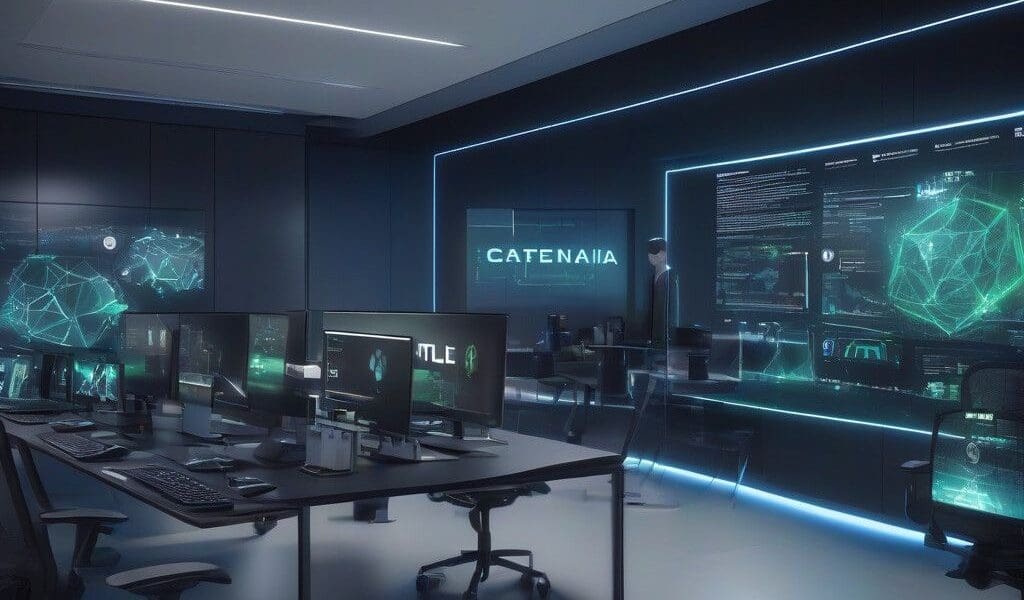Artificial intelligence (AI) is transforming myriad applications, from enhancing user experiences in gaming to streamlining daily tasks like web browsing. One noteworthy development in this field comes from Brave, a privacy-focused web browser that has introduced an innovative AI assistant called Leo AI. This new tool is set to revolutionize how users interact with online content by summarizing information, answering queries, and providing meaningful search results, all while upholding user privacy.
At the heart of Leo AI’s efficiency lies a partnership with NVIDIA, the company renowned for its cutting-edge Graphics Processing Units (GPUs). These powerful processors are equipped with Tensor Cores, which enable accelerated AI tasks through parallel processing. This functionality allows applications like Leo AI to execute numerous calculations swiftly, significantly enhancing the user experience compared to traditional methods.
For AI applications to reach their full potential, an optimal interface between software and hardware is crucial. Leo AI harnesses various sophisticated software libraries, including llama.cpp, a widely adopted inference library, along with NVIDIA’s TensorRT and Microsoft’s DirectML. The collaboration of these technologies builds a robust foundation for seamless AI functionalities.
In practical terms, local inference servers play a critical role in managing specific AI models, simplifying integration with applications. An illustrative example of this is Ollama, an open-source project built on llama.cpp that streamlines access to local AI capabilities. With NVIDIA continuously optimizing software like Ollama, users can expect peak performance from their NVIDIA hardware, particularly for RTX-powered AI applications.
Brave’s AI assistant sharply contrasts with the typical cloud-dependent models prevalent in the digital market today. Leo AI, along with Ollama, provides an operational flexibility where users can choose to process information either in the cloud or locally on their computers. This flexibility greatly enhances user privacy, as local processing keeps data on personal devices rather than relying on external servers. By avoiding the cloud, users also eliminate potential subscription fees typically associated with cloud services.
The benefits of local processing extend beyond privacy. Local execution allows users access to a broader range of open-source AI models instead of the limited selections offered by many hosted services. These models can feature specialized functions, including bilingual capabilities and code generation, creating more tailored user experiences. With NVIDIA’s RTX technology, local AI operations are exceptionally swift. For instance, the Llama 3 8B model integrated with Llama.cpp can respond at an impressive rate of around 149 tokens or 110 words per second.
To access the plethora of models available for use with Brave and Leo AI, users only need to install Ollama, which requires a straightforward download and runs unobtrusively in the background. After installation, users can download and configure various models via the command line. This process grants Brave users the convenience to switch between cloud-based and locally hosted models seamlessly, allowing for optimal interaction based on individual requirements.
For developers, additional support is available through the NVIDIA developer blog, which offers guidance on utilizing Ollama and llama.cpp effectively. This initiative falls within a broader industry trend that prioritizes integrating faster and more responsive AI tools into everyday technology interactions, a clear advantage for businesses looking to maintain competitive relevance.
From a broader perspective, the launch of Leo AI serves as a prime illustration of how emerging technologies can lead to significant improvements in user engagement and satisfaction. As digital marketing and e-commerce landscapes rapidly evolve, organizations increasingly recognize the need for innovative solutions that not only enhance service delivery but also align with modern privacy standards.
In summary, Brave’s introduction of Leo AI, powered by NVIDIA’s GPUs and the robust architecture behind local AI processing, marks a significant advancement in user-centric technology. With features that prioritize speed, efficiency, and privacy, it sets a new benchmark that other digital platforms may seek to emulate. As users become more discerning regarding their online experience, tools like Leo AI will likely play a pivotal role in shaping the future of browsing.












